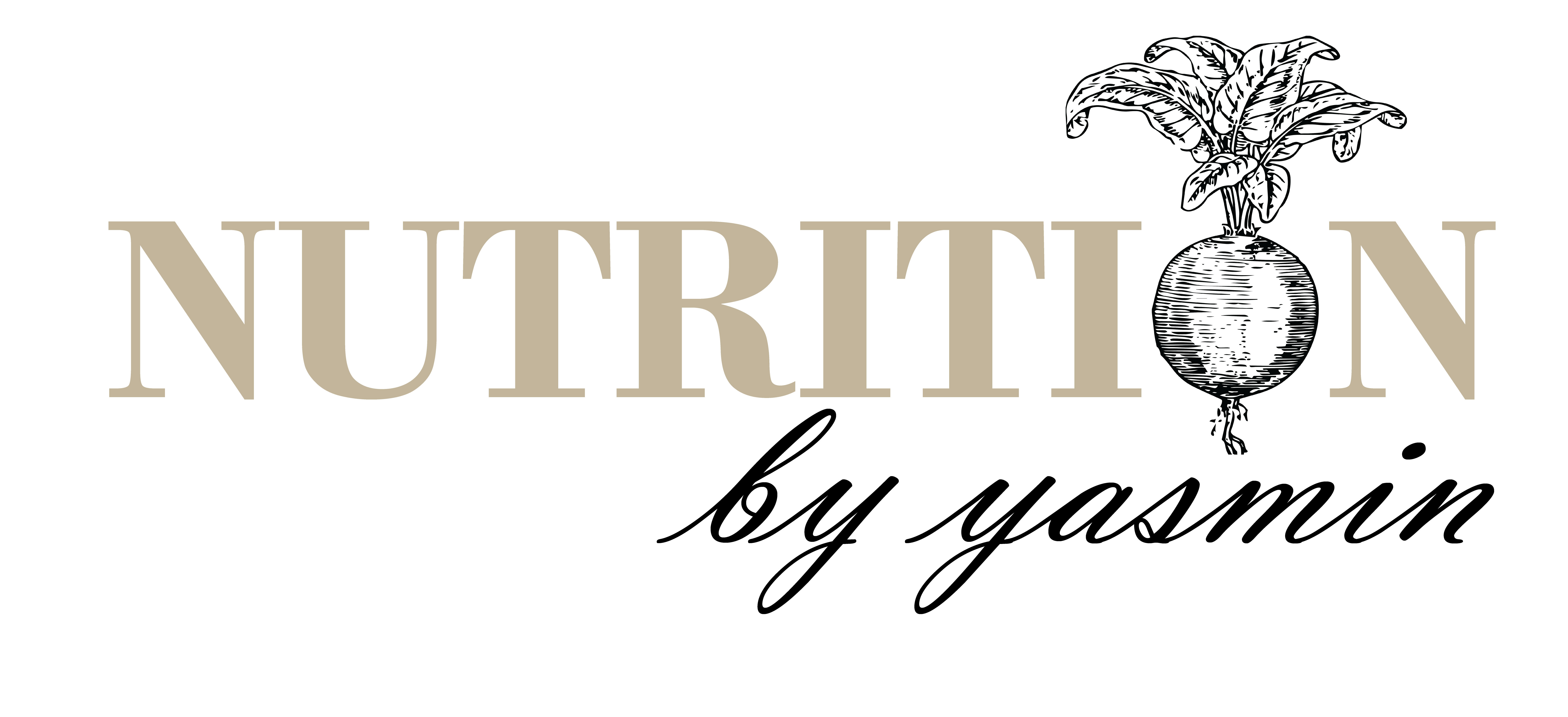Table or Tablets?
Should we get our nutrients from food at the table or tablets?
The world of supplements is often a confusing one, and a topic I get asked about a lot. One of the main questions is should we get our nutrients from vitamin and mineral supplements or is food better?
My answer is that we should focus on getting our nutrients from our food, but there are a few exceptions which I will mention further down.
So why do I always recommend food first?
- Our food gives us so much more than just nutrients. Food provides us with fibre, protein, polyphenols [plant chemicals] and other key nutrients such as fats that we will not find in most supplement forms of vitamins and minerals.
- Consuming a wide array of different foods helps us widen our variety of plant-based fibres which help to feed our gut bacteria and create a diverse and beneficial gut environment.
- Nutrients, when consumed within food form, are often easier and more available for the body to absorb and utilise.
- Several studies have shown positive outcomes on all cause mortality and cancer rates when nutrients were obtained from food, as opposed to from supplements.
- The supplement industry is not well-regulated, so we need to be cautious where we get our supplements from.
- Nutrients often work in synergy with one another, therefore it is better to consume a balanced meal containing some vitamins such as vitamin E [from almonds] and vitamin K [from green vegetables] together with a source of fat [avocado or oily fish] as this will help with absorption of the nutrients.
- Food tastes better!!!
So, do we ever need supplements?
The short answer is it depends, but yes there certainly are some circumstances where supplements may be necessary. But, it’s vital to view them as something that SUPPLEMENTS a healthy balanced diet, acting as a top-up, rather than solely relying on supplements for all our nutrient requirements.
The following are circumstances where you may require supplements:
- Pregnancy and fertility – pregnant women require 400mcg of folate daily about 3 months before planning to conceive, and during the first 3 months of pregnancy at least. This is to prevent neural tube defects developing. As this is so important, the supplement can supply the baseline, as we may not consume this amount through food every day.
- Vitamin D – whilst there is small amounts of Vitamin D found in foods such as salmon, milk, eggs and mushrooms, the government recommendation is that everyone over the age of 1 should supplement with 10mcg daily, during the winter months. Your requirement may be higher if you are deficient, so always get your vitamin D levels tested where possible.
- Compromised absorption – in certain individuals suffering from diseases affecting the digestive tract, their ability to absorb certain nutrients may be compromised [inflammatory bowel diseases and coeliac disease], so liquid or powdered supplements may be necessary.
- Omega 3 supplements – the best and most bioavailable source of omega 3 fats is oily fish [salmon, mackerel, anchovies, sardines and herring], so if you avoid these fish, a supplement may be necessary. You can however get omega 3 fats from chia seeds, flax seed and walnuts; however these are less bioavailable for the body to utilise.
- Vitamin B12 – this vitamin is predominantly found in animal products, therefore if you are following a vegan diet, you may require a supplement to meet your recommended intakes.
The bottom line
To summarise, food is always the first port of call when it comes to getting our nutrients in, but supplements can be used as a top-up and in some cases [as above] may be necessary.
The important thing to remember is that quality and quantity matter.
Supplements are not made equally, so be sure to choose companies that are backed up my research and test all their products. Some of my favourite brands are: Nutri Advanced, BioCare, Bare Biology, Pure Encapsulations and Invivo.
More does not always equal better. In some cases, you can overdose on vitamins and minerals and could cause more harm than good, so please always consult a health professional if you are not sure. Although supplements are mostly natural, it is vital to remember that supplements [such as vitamins and minerals] can interact with medications, so please don’t think they are harmless just because they are vitamins.
I offer short one-off consultations designed to help you out with YOUR supplements and any questions or queries you may have, so please get in contact if you would like to book yours, and get some personalised advice.
